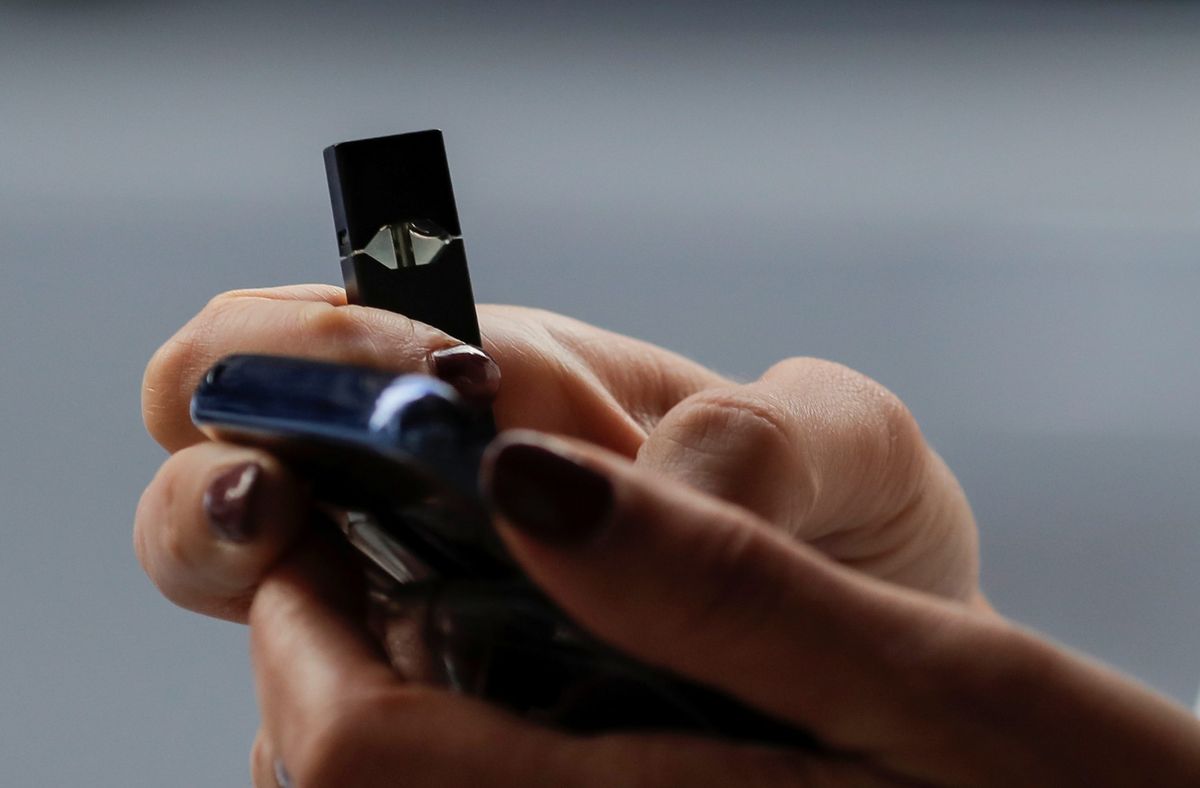The US orders Juul vapes off the market. Here’s what you need to know

A few minutes every morning is all you need.
Stay up to date on the world's Headlines and Human Stories. It's fun, it's factual, it's fluff-free.
The FDA in the US is cracking down on vaping companies, with Juul being the most visibly in the regulatory arm’s crosshairs. Most recently, it ordered all of Juul’s e-cigarettes off the market, claiming that the company had failed to provide proof that its products were safe for people of any age.
This is notable because, in the past, the FDA cracked down on Juul for selling fruity and sweet-flavored vape cartridges, arguing that this marketing was aimed at minors. This has been part of a broader crackdown on vape companies – not just Juul – for marketing and selling to minors and kids.
But this time around, the focus was on how the product is generally harmful, including that it possibly causes DNA damage and that a chemical in some vaping products has been linked to severe lung damage, particularly in young people.
Some say this move by the FDA is a good one, while others say getting rid of Juul will only cause nicotine-addicted people to turn to other products in the crowded market.
Key comments:
“You might have some people who buy up Juul and hoard it, but others will just switch to products that are still legal,” said Lynn Kozlowsk, a professor of public health at the University of Buffalo. “It’s a very diverse market.”
“[This] is the latest sorry example of the agency’s campaign of regulatory arson against the nicotine-vaping products that millions of Americans rely on as an alternative to cigarettes,” said Amanda Wheeler, president of the American Vapor Manufacturers Association, in a statement.
According to Matthew Meyers, the president of the Campaign for Tobacco-Free Kids, the decision is “the most significant action the FDA has taken to reverse the youth e-cigarette epidemic.” He added, “Juul, more than any other product or company, has been responsible for creating and fueling the youth e-cigarette epidemic.”




Comments ()